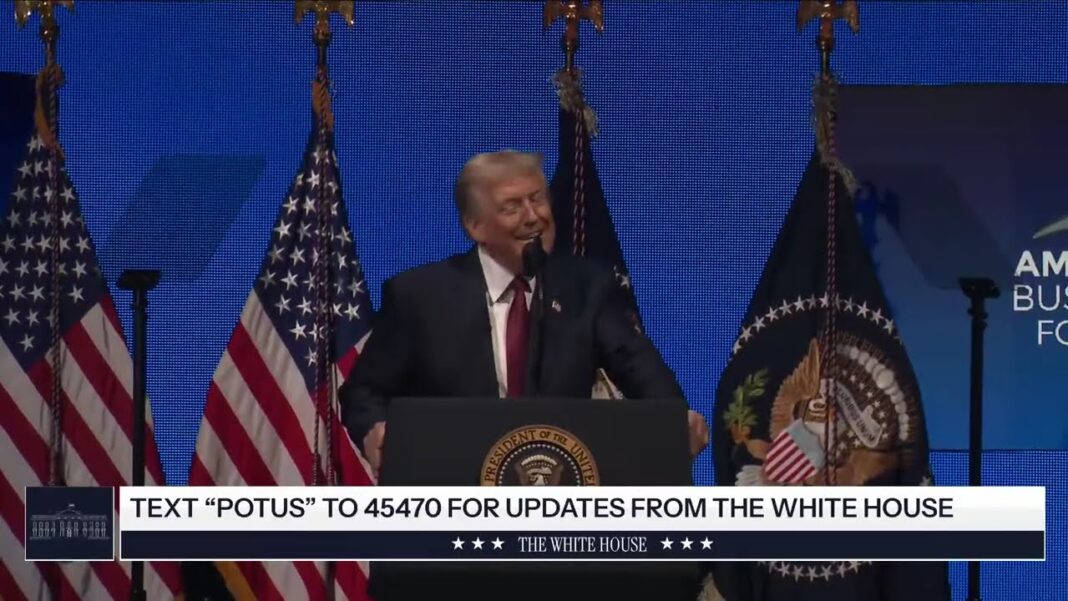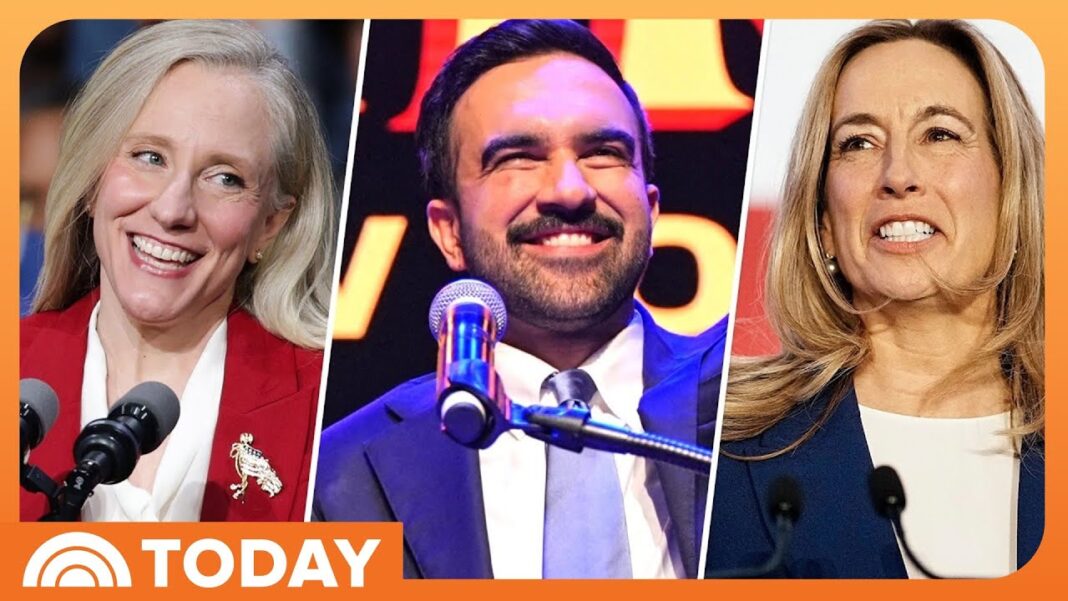Winston Churchill was a man of action. He was born in 1874, during a period known as the Pax Britannica (1815–1914) and during the relative peace that had settled over Europe after the Franco-Prussian War of 1870. Nonetheless, as a young man, Churchill understood that military service was a sure path toward political elevation. To become a great leader in the political theater, he believed he first needed to be one in the theater of war. The following is what was required to make him the greatest leader of the 20th century.
Experience
Churchill was not an academic. He considered his schooldays to be “the only barren and unhappy period of my life.” Aside from writing and history, he did not perform well in school, thus he never attended university. He did, after three attempts, gain entrance to Royal Military Academy Sandhurst, graduating in 1894 near the top of his class and joining the 4th Queen’s Own Hussars.
From 1895 to 1900, Churchill witnessed the action he sought while doubling as a war correspondent in Cuba, India, Sudan, and South Africa, during which he was awarded the Spanish Order of Military Merit, the India Medal, the Queen’s Sudan Medal and the Khedive’s Sudan Medal, and the Queen’s South Africa Medal.
After losing his election to the House of Commons in 1899, Churchill returned to the battlefield to cover the Second Boer War in South Africa. It was here Churchill would make his name. On Nov. 15, 1899, while he was aboard an armored train, the Boers attacked, derailing several cars. Despite his journalistic position, Churchill led the charge to protect the train and clear the track, enabling it to escape. Thirty-eight British soldiers were either killed or wounded, and 23 were taken prisoner, Churchill among them.
Just as with his schooldays and garrison duties, being a prisoner of war proved boring. It was, however, an opportunity for further adventure. One December night, he escaped the prison and traveled approximately 300 miles across enemy lines to safety in today’s Mozambique, where he was welcomed as a hero.
A thirst for adventure and his literary gift for conveying those adventures not only made him one of the highest paid war correspondents, but enabled him to cultivate his image.
Knowledge
As noted above, Churchill was not an academic. Nonetheless, he loved literature and history, and whenever he was not writing his war correspondences, engaging in battle or competing in polo, he was reading and studying. The extensive downtime in military life allowed him to devote hours to study. He studied Parliamentary debates, wrote down the arguments, and established his perspective on each. As Churchill scholar James Muller noted, “Churchill made himself his own university by reading great books.”
Certainly Churchill read for leisure, but the histories and biographies, as well as those debates, were not leisure reads. He utilized his present time in the military to create ammunition for his political future. Just as he craved adventure, he craved knowledge and wisdom in order to fuse together prudence with his courage.
By Dustin Bass








